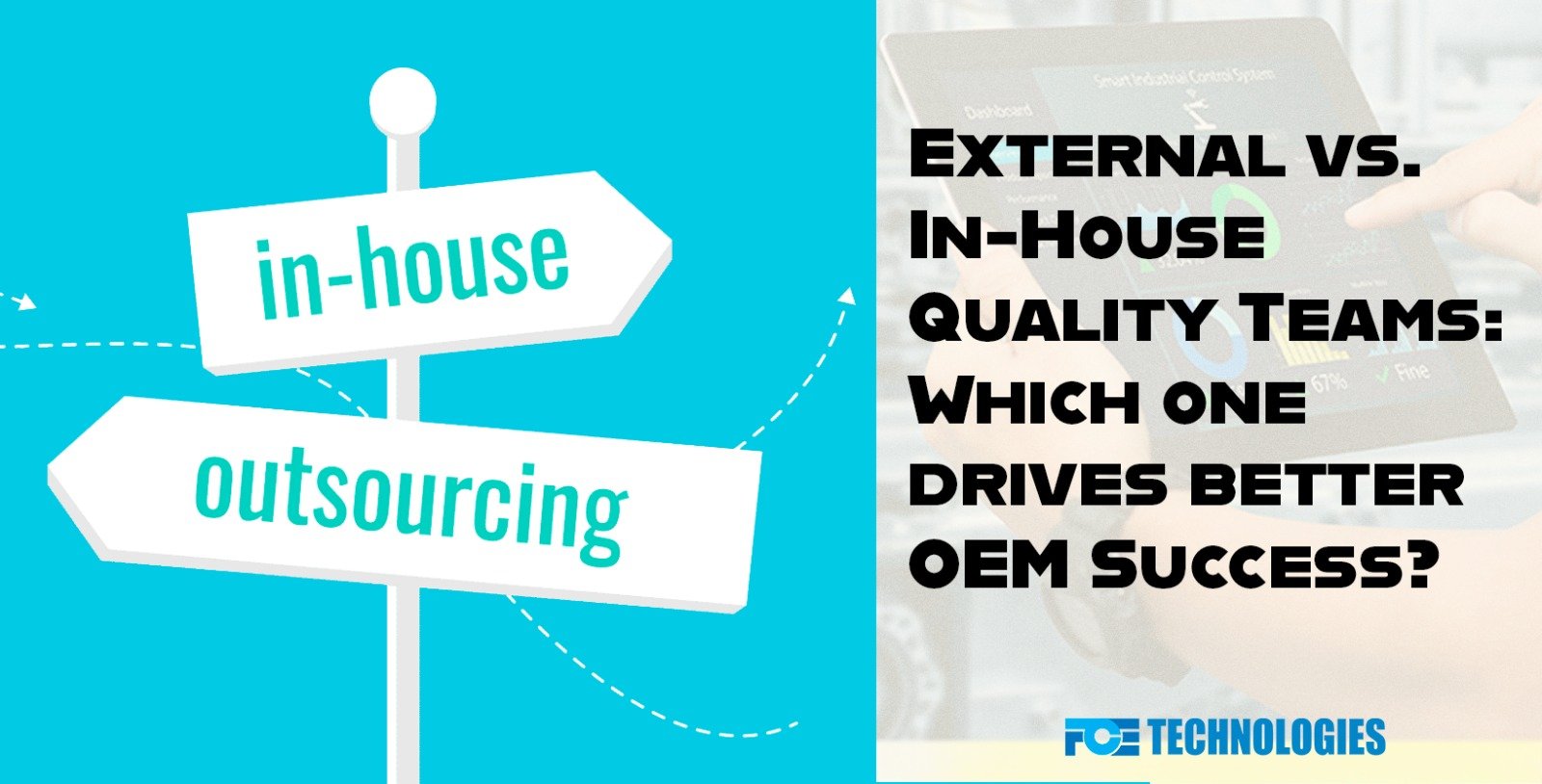In today’s competitive automotive industry, maintaining top-notch quality is crucial. Defects can lead to costly recalls, damage reputations, and erode customer trust. This is where third-party sorting and inspection services, like those offered by FCE, become invaluable. These services help manufacturers reduce defects and improve overall efficiency, ensuring products meet the highest quality standards.
The Importance of Third-Party Sorting and Inspection
Third-party sorting and inspection involve an independent entity reviewing and sorting parts or products to ensure they meet required quality standards. Here are a few reasons why these services are essential:
- Objectivity: Independent inspectors bring an unbiased perspective, crucial for accurately identifying defects.
- Expertise: Third-party services specialize in quality control, bringing extensive knowledge and experience in industry standards.
- Resource Efficiency: Outsourcing allows manufacturers to focus on core activities while ensuring quality control is managed by experts.
Key Benefits of Third-Party Sorting and Inspection
- Reduction in Defects: Rigorous inspection processes help identify and rectify issues early, significantly reducing defect rates.
- Improved Efficiency: Catching defects early prevents disruptions, leading to a smoother production process and better resource utilization.
- Cost Savings: Fewer defects mean fewer recalls and warranty claims, translating into substantial cost savings.
- Enhanced Customer Satisfaction: Consistently delivering high-quality products builds trust and loyalty among customers.
- Compliance with Standards: Ensuring products meet regulatory and industry standards reduces the risk of non-compliance penalties.
The Sorting and Inspection Process
The process of third-party sorting and inspection typically includes several critical steps:
- Initial Assessment: Understanding the manufacturer’s specific needs and quality standards.
- Sorting Criteria Development: Establishing criteria that outline acceptable quality levels and defect parameters.
- Inspection Execution: Using various techniques and tools, trained inspectors identify defects.
- Sorting and Segregation: Defective parts are sorted out, and detailed reports are generated to provide insights into defect types and frequencies.
- Feedback and Continuous Improvement: Sharing inspection insights with the manufacturer to facilitate continuous improvement.
Case Study: FCE’s Impact
FCE has a proven track record of significantly reducing defects for its clients. Here are a couple of success stories:
Client A: An automotive parts manufacturer facing high defect rates saw a 30% reduction in defects within six months after FCE implemented its sorting and inspection services. This led to fewer warranty claims and improved customer satisfaction.
Client B: Another client struggling with regulatory compliance achieved full compliance and enhanced product quality after FCE developed and implemented tailored sorting criteria. This not only improved their market reputation but also streamlined their production processes.
Steps to Implement Third-Party Sorting and Inspection
If you’re considering third-party sorting and inspection services, here are some steps to get started:
- Identify the Right Partner: Choose a service provider with a solid track record in your industry. Check their certifications and client testimonials.
- Define Quality Standards: Clearly define the quality standards and defect parameters for the third-party service.
- Collaborate Closely: Work closely with the service provider to ensure they understand your production process and quality requirements.
- Regular Reviews: Conduct regular reviews of the inspection process and outcomes to ensure continuous improvement.
Conclusion
Third-party sorting and inspection services are an invaluable asset for automotive manufacturers aiming to reduce defects and improve efficiency. By leveraging the expertise and objectivity of third-party inspectors, companies can enhance product quality, achieve significant cost savings, and boost customer satisfaction. FCE exemplifies the positive impact these services can have, helping manufacturers maintain high standards and drive success in a competitive market.







